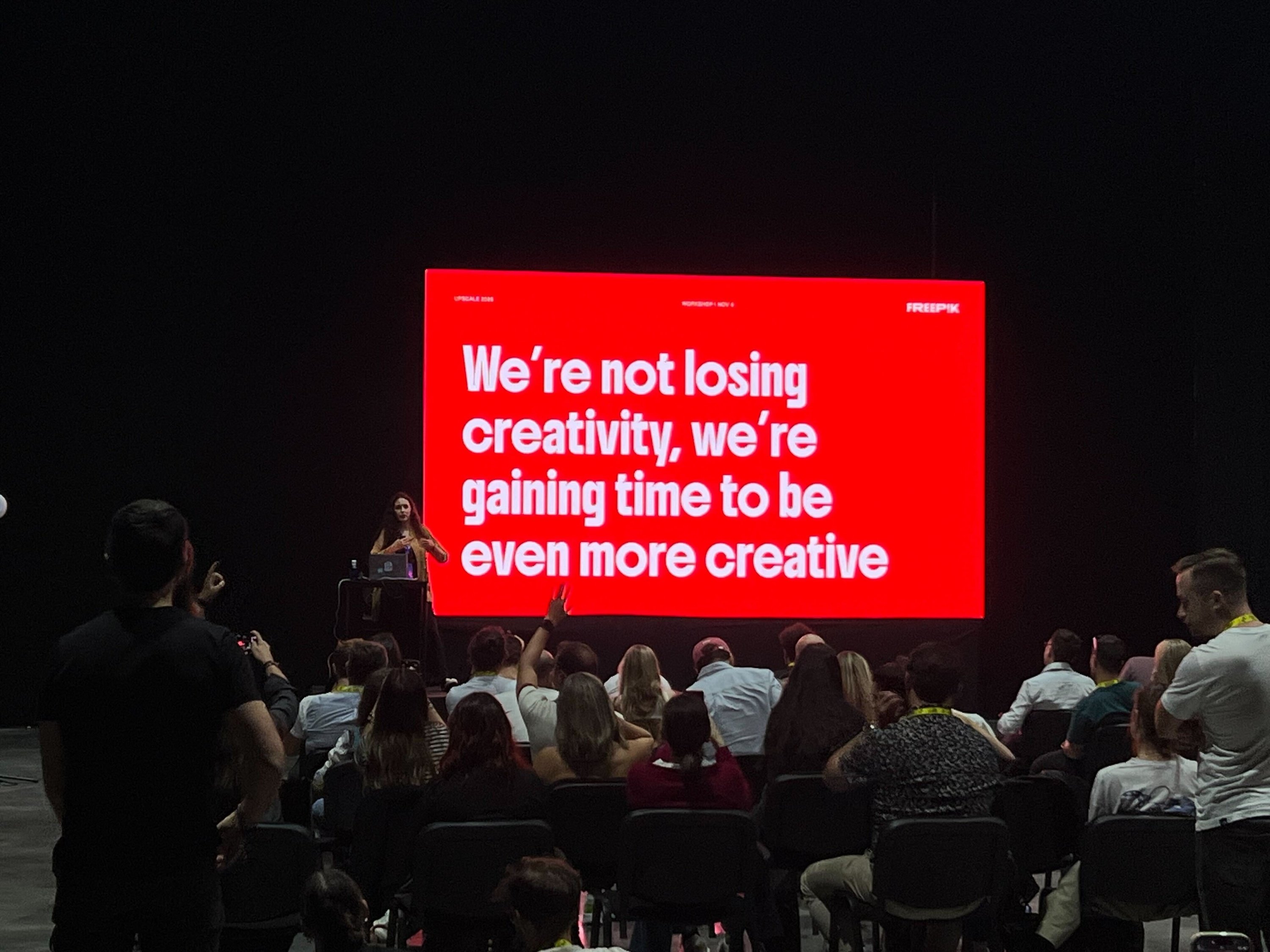Changes in Google Hotel Ads: what you need to know
Marketing 12/03/2024
The first consequences of the entry into force of the regulatory framework known as DMA (Digital Markets Act) , proposed by the European Union, with the aim of limiting the power of large technology platforms, and which led to the designation of the so-called Gatekeepers (Alphabet , Amazon, Apple, ByteDance, Meta, Microsoft), are already beginning to become evident.
And Google has surprised us again with the announcement of the discontinuation in the Google Hotel Ads metasearch engine of the Stay Commission and Conversion Commission bidding strategies, which must now be converted into Objective ROAS (or Improved CPC) campaigns and/or o Maximum Performance Campaigns for Travel Objectives.
This measure comes at a time when, according to data provided by the World Tourism Organization ( UNWTO ), more than 88% of international tourism had recovered prior to the Pandemic, and in which Google Hotel Ads stands as the most used metasearch engine , being used by around 75% of travelers, according to the specialized sector media Hosteltur.
Google assures that this measure responds to the changes that the sector will experience this year, as a consequence of the aforementioned DMA, such as the disappearance of third-party cookies . But what does it mean for the hotel sector?
Two of the main bidding models that hotels have been using until now are:
As always, there are already deadlines to complete each of the phases involved in this process:
The model that will replace the current model will be CPC with ROAS objective and Maximum Performance campaigns for travel objectives will also continue to gain ground. Likewise, these will coexist with the traditional CPC (Cost per Click) model which, among other things, is useful to achieve visibility in search results on Google Maps.
Therefore, the most sensible thing to do to adapt to this new situation without generating too much friction is to try the CPC model. Always keeping an eye on October 31 , the date on which the bidding model will have to have been changed in all campaigns to ensure that they continue to function normally after discontinuation.
Although it may be a discouraging panorama, at the same time it represents an opportunity for hotels to refine their advertising strategy and gradually adapt to the evolution of the rules of the game of the new electronic commerce. Proactivity will be essential to prosper in the hospitality industry , since it is a tremendously competitive sector.
As always, we try to anticipate these types of situations to minimize their impact and avoid greater evils. Therefore, for now, the steps we are already taking to promote a successful migration from CPA to CPC in Google Hotel Ads are:
And Google has surprised us again with the announcement of the discontinuation in the Google Hotel Ads metasearch engine of the Stay Commission and Conversion Commission bidding strategies, which must now be converted into Objective ROAS (or Improved CPC) campaigns and/or o Maximum Performance Campaigns for Travel Objectives.
This measure comes at a time when, according to data provided by the World Tourism Organization ( UNWTO ), more than 88% of international tourism had recovered prior to the Pandemic, and in which Google Hotel Ads stands as the most used metasearch engine , being used by around 75% of travelers, according to the specialized sector media Hosteltur.
A before and after that affects hotels
Google assures that this measure responds to the changes that the sector will experience this year, as a consequence of the aforementioned DMA, such as the disappearance of third-party cookies . But what does it mean for the hotel sector?
Two of the main bidding models that hotels have been using until now are:
- Commission per Stay: in the Commission per Stay model, the hotel paid the agreed commission only if the reservation was made effective, that is, no commission was paid if the reservation was canceled.
- Commission per Conversion: on the contrary, in the Commission per Conversion model, the hotel paid the commission when the reservation became effective, regardless of whether it was subsequently canceled.
As always, there are already deadlines to complete each of the phases involved in this process:
- February 20, 2025: The current commission model will remain in use for new hotels until February 20, after which date it will no longer be available for new campaigns.
- November 30, 2025: Stay commission reconciliation will be offered for 9 months after deactivation, until November 30, 2025. If advertisers do not reconcile, they will be charged for all conversions they received during the period billing.
So how are you going to proceed?
The model that will replace the current model will be CPC with ROAS objective and Maximum Performance campaigns for travel objectives will also continue to gain ground. Likewise, these will coexist with the traditional CPC (Cost per Click) model which, among other things, is useful to achieve visibility in search results on Google Maps.
Therefore, the most sensible thing to do to adapt to this new situation without generating too much friction is to try the CPC model. Always keeping an eye on October 31 , the date on which the bidding model will have to have been changed in all campaigns to ensure that they continue to function normally after discontinuation.
Although it may be a discouraging panorama, at the same time it represents an opportunity for hotels to refine their advertising strategy and gradually adapt to the evolution of the rules of the game of the new electronic commerce. Proactivity will be essential to prosper in the hospitality industry , since it is a tremendously competitive sector.
What are we doing at Paraty Tech?
As always, we try to anticipate these types of situations to minimize their impact and avoid greater evils. Therefore, for now, the steps we are already taking to promote a successful migration from CPA to CPC in Google Hotel Ads are:
- Evaluate performance: Analyzing the most important metrics to understand how the campaign is performing.
- Set objectives: by controlling the CPC, we establish performance objectives, depending on whether we are looking for more visibility, profitability or both.
- Test: Testing with the CPC bidding model before full migration.
- Optimize the bidding strategy: once the migration to CPC is complete, adjust the bidding strategy to achieve the desired objective.
- Constantly measure and optimize: comparing key metrics with the previous CPA model to evaluate the success of the migration.


















